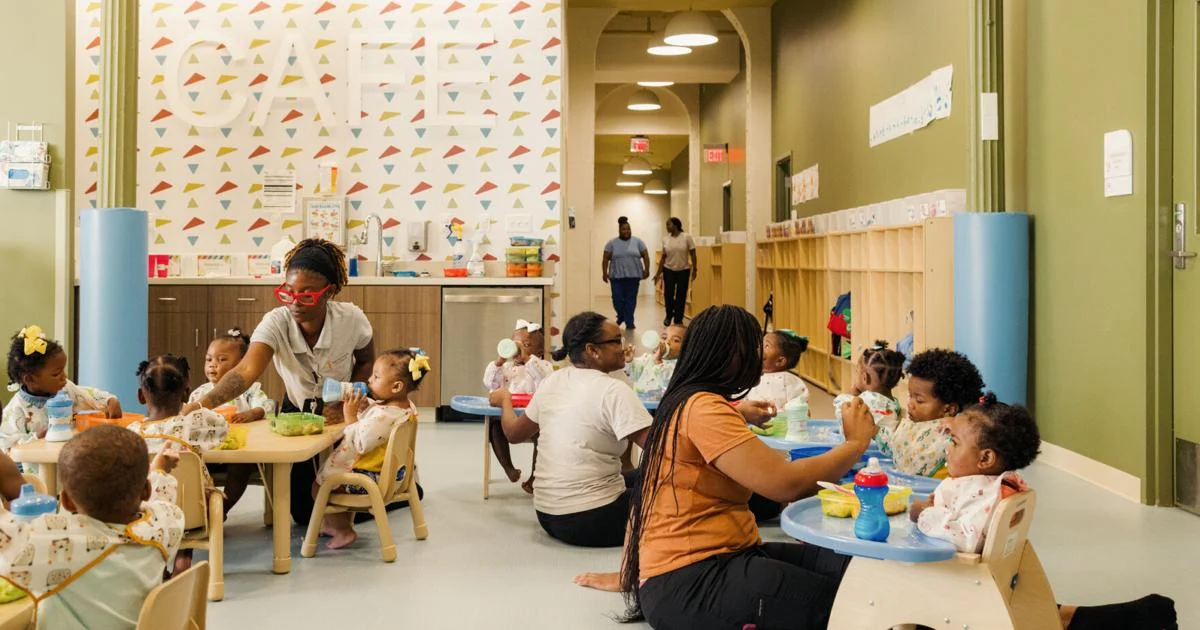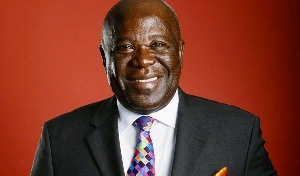Copyright Baton Rouge Advocate

Nearly 1,000 Louisiana families could lose access to affordable, high-quality child care within the next five years unless the state Legislature agrees to put more money into one of its major funding sources for early education, a new report warns. The Early Childhood Education Fund, a state program that incentivizes communities to invest in affordable child care by matching local funding dollar-for-dollar, may be forced to cut the number of families it serves in half if the state declines to contribute additional dollars to keep the program afloat, according to an analysis released this week by Leaders for a Better Louisiana, a nonpartisan organization that advocates for economic and educational policy reforms. Roughly 2,000 children in 14 parishes receive child care financed through the match program, which the state Legislature funded with a one-time appropriation of $40 million in 2023. Local governments contribute $30 million to the fund. As participation in the program has grown by 18% over the past two years, the state’s funding will likely be depleted by 2030 at the latest, the report found, even if the number of children served each year remains flat. If enrollment continues to increase at a steady rate, the funds could be exhausted as soon as the 2027-28 fiscal year, the report says. To meet growing demand, the report suggests that lawmakers allocate $30 million annually for the program — a big ask of the state’s Legislature, which made $10 million in cuts to early education last year. The annual funding would allow the program to serve 10% more students each year and keep the program sustainable through the mid-2030s. Unless the Legislature finds a way to increase funding, experts worry that families and the state economy will suffer. “More families are going to have to make decisions about their work arrangements, which could mean dropping out of the workforce,” said Barry Erwin, president of Leaders for a Better Louisiana, “and it’s going to mean fewer kids are being served in high-quality settings.” Around 57,000 Louisiana children are currently enrolled in day care through state and federally funded early learning initiatives, including the local-match program, Head Start and the Child Care Assistance Program, said Libbie Sonnier, director of the Louisiana Policy Institute for Children. Experts estimate that another 116,000 children statewide qualify for subsidized child care but are not enrolled. Lack of widespread access to daycare cost the state roughly $1.3 billion each year in lost tax revenue and productivity, according to a 2021 report from the University of Louisiana at Lafayette, though Sonnier said that number has likely changed since the state match program was introduced. For children, not participating in early education programs has been linked to worse academic outcomes and development gaps. While advocates have so far not convinced the Legislature to restore the millions it previously cut from the state’s early education programs, Erwin believes lawmakers will be more willing to approve additional funding for the match program. This fund “is an attractive way for legislators who want to fund early childhood education to do it in a way that really stretches those dollars,” he said. Impact on local communities Losing the Early Childhood Education Fund would have a significant impact on the communities that rely on it, advocates say. In Jefferson Parish, about 17,000 children under age five are eligible for some form of publicly subsidized child care program, but only around 4,500 are enrolled, said Sarintha Strickland, executive director of the Jefferson Ready Start Network, which works to create comprehensive early childhood services for young children. To help close that gap, the parish has put $1.2 million into the state match program, Strickland said. Much of the funding has come through the Jefferson Parish Council, which recently pledged to contribute $250,000 per year for the next three years. But without those state dollars, “that powerful partnership that was created as an incentive for local municipalities to get involved in the early care and education space goes away,” Strickland said. “It really puts parents in real precarious situations.” About 1 in 4 households in Jefferson Parish with children under 18 live below the poverty line, according to federal data. If the child care program goes away, many parents could be forced to leave the workforce, Strickland said. “The message is simple,” she said. “We need additional funding in order to support eligible children to be in quality settings so that parents can get to work.”



